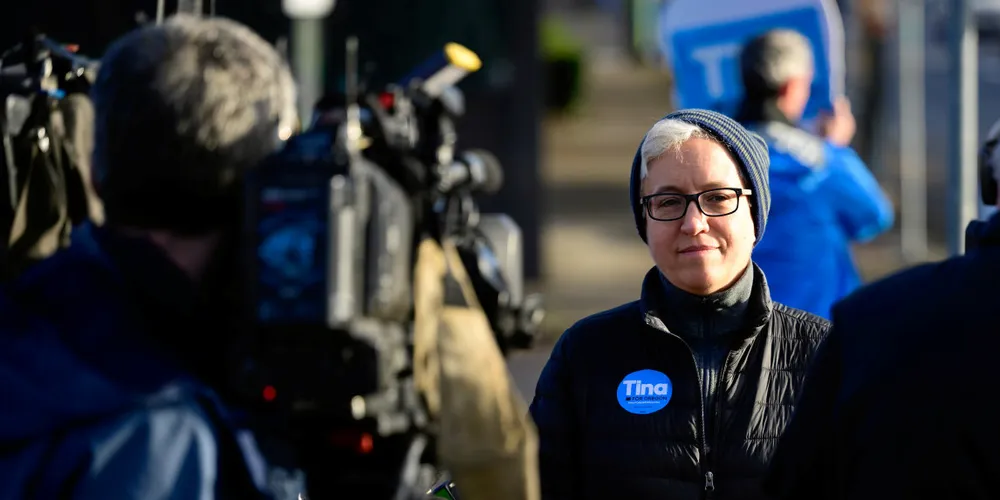'Significant friction' | Oregon governor joins calls for offshore wind pause amid pushback
While the sector could generate billions in economic activity and thousands of jobs, it has gained the ire of powerful fisheries and Tribal lobbies

Oregon governor Tina Kotek joined a growing chorus urging the federal government to slow down floating wind development in the deep waters off this Pacific Northwest state.
US Senators Ron Wyden and Jeff Merkley, and Representatives Val Hoyle and Suzanne Bonamici, all Democrats representing Oregon, were likewise signatories.
“Many valid questions and concerns remain about floating offshore wind,” the letter said. “These must be addressed transparently before we can support proceeding further towards any substantial development decisions on the Oregon coast.”
The letter said that BOEM’s process has created “significant friction with coastal communities, the fishing industry, and Tribal governments”.
Pausing sector activity would provide additional time to allow the state “to develop a more coordinated approach with the federal government” to avoid and mitigate potential conflicts.
The state has some 65GW of technical offshore wind potential, according to estimates by the National Renewable Energy Laboratory (NREL), and the designated call areas enjoy strong wind speeds of some 10-11 metres per second (m/s) – among the best in the US.
Even a modest 5.5GW capacity target by 2050 could “support 65,000 to 97,000 job-years and contribute $6.8bn to $9.9bn to the state gross domestic product,” according to NREL. A job-year is a job created for one year, a useful metric when discussing construction work such as offshore wind installation that might see largescale but temporary employment.
As the Pacific outer continental shelf falls off steeply, the call areas are in waters up to 1,300 metres deep, however, necessitating novel floating platforms that have yet to be deployed at scale.
Floating wind is “a nascent technology both inside and outside of the US, and it is important that we fully evaluate the impacts that it may have on ecosystems, the economy, and ratepayers before moving forward,” the letter said.
Stakeholder pushback
Kotek’s support for a pause reflects burgeoning pushback from an array of stakeholders, including from fisheries and tribal councils.
The deep, cold waters of the US northern Pacific are among the world’s most productive fisheries, and Oregon’s fishing fleet generates an annual average of $500m revenue and employs some 9,200 people, according to the Oregon Department of Fish and Wildlife.
“Despite the engagement of the Council and multiple fishery stakeholders, the areas being considered for OSW [offshore wind] energy development off the coast of Oregon may not be compatible with fisheries,” said the letter sent by chairman Marc Gorelnik.
The fisheries have been joined by the Affiliated Tribes of Northwest Indians (ATNI) in opposing the industry.
ATNI passed a resolution at its 2023 Midyear Convention calling on BOEM to halt “all scoping and permitting for offshore wind projects” until a comprehensive and transparent procedure is developed and implemented to protect tribal environmental and sovereign interests.
(Copyright)